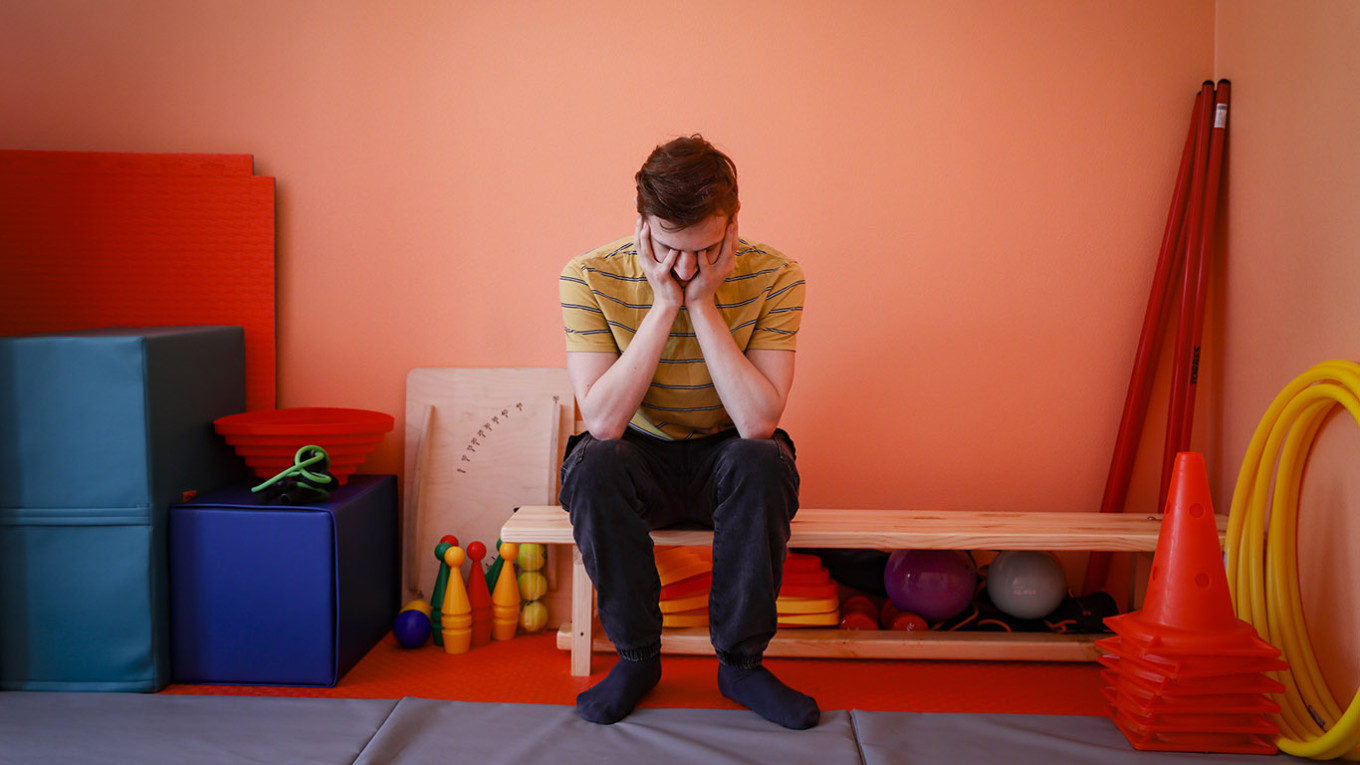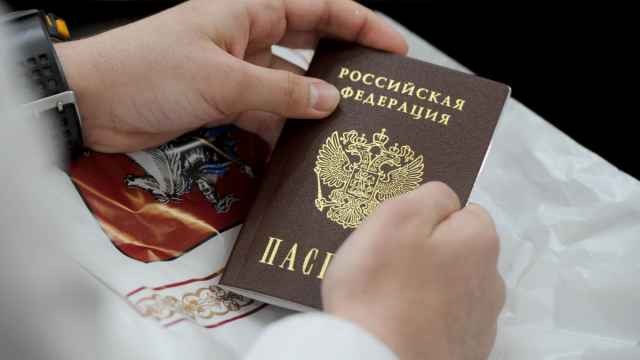Eleven years ago, I created the first Russian-language website dedicated to neurodiversity. It grew into an autistic-led organization that offered one-to-one peer support and ran workshops for mental health professionals and lawyers. While there also existed large NGOs, they were led by non-autistic people who patronized and refused to listen to us.
Not that my group has a lot of influence — such grassroots initiatives are considered too insignificant in Russia.
Today is Autistic Pride Day. Roughly 1 in 45 people are autistic, which means we are everywhere. We are part of society and you cannot have a free and fair society without including minorities like us.
But the Russian system has never tried to be fair to those who think differently. Institutionalized ableism became part of state politics and everyday life.
One of the biggest issues in talking about autism in Russia is that it is extremely difficult for adults to be recognized as autistic.
Although Russia officially recognizes the World Health Organization’s norms and uses the ICD-10 medical standardization system (though not the updated ICD-11 codes). Instead, doctors often rely on outdated Soviet-era standards, where autism is equated with childhood schizophrenia, which means that autistic people automatically have their diagnosis changed when they turn 18.
This results in autistic adults not only being denied support and recognition but also facing an increased risk of forced institutionalization. In Russia, there are many jobs you cannot get if you are diagnosed with schizophrenia, and the social stigma is extremely severe.
And this automatic diagnosis change is not just a relic of the Soviet past — it remains alive in medical education. In 2015, I spoke to a medical student at one of Saint Petersburg’s top universities. He told me that, according to his curriculum, distinguishing autism from schizophrenia is extremely difficult.
There is a deeper ideological reason for this.
The stereotype of autism as a form of schizophrenia is not just medical incompetence. It is not a political myth, rooted deeply in Russian history.
During the Soviet era, many political dissidents were forcibly hospitalized and given diagnoses like schizophrenia or sluggish schizophrenia. The latter was a fictional disorder created by Soviet psychiatrists after World War II.
Sluggish schizophrenia was supposedly a diagnosis for people with conditions we now understand as schizotypal personality disorder, but it was mainly used against dissidents and anyone who did not conform. Soviet and now Russian culture are built on extreme conformity. Those who don’t fit in are dismissed as deluded or dangerous, and autistic people often think differently and do not accept socialization like other kids.
One of the biggest problems facing autistic people in Russia is society’s overall attitude toward disabled people. They are often seen as less valuable, less human.
Parents of autistic children are frequently pressured to send their kids to special institutions. According to a survey by the Russian Public Opinion Research Center, 63% of Russians do not want to see Autistic kids in ordinary schools, 51% don’t want to see them in kindergartens and 46% of Russian adults think they should not be allowed in playgrounds. Actually, on playgrounds, autistic children are at risk of being attacked just for being near normal kids, even in reputable neighborhoods.
There is virtually no inclusion in schools, no effective government programs for inclusive employment, and no legal recourse for the harassment that autistic people face in public. Based on both my experience and that of the autistic people I worked with, many only realized what it was like not to be harassed for looking different or experiencing sensory overload once they moved to Europe.
If society does not see you as valuable, your life is considered unimportant. Social Darwinism is part of Russian culture — unless you are useful for society, you are not valued. Survival of the fittest is considered a virtue.
There are no disability studies programs in Russian universities. Disability is viewed purely as a medical defect. The social model of disability — the idea that people are disabled by societal barriers, not their conditions — is not recognized by Russian experts.
In Russia, only a small number of autistic people even know that they are autistic. But even those with a diagnosis are not heard when they try to change the system.
In Russia, I tried to promote not just personal stories but also research on how autism manifests in women and girls. These efforts were dismissed as woke, no matter how much evidence we provided for their importance. The only professionals who were open to listening were talking therapists who already worked with LGBTQ+ organizations.
But on my first day in Britain, I saw an article about autistic girls and women in a tabloid newspaper. In Britain, Europe and the U.S., many disability rights policies — including those about autism — have been developed by disabled people themselves.
In Russia, if you are autistic, you are pitied. Your opinions — even about autism — are not considered valuable, even by independent NGOs and charities that should help autistic people. The best-case scenario is that they listen to neurotypical parents of autistic kids, but not autistic adults themselves. There is no funding and no support for autistic people who want to make the world better for their neurodivergent peers.
It would not be an exaggeration to say that Russia is one of the most challenging regions in the world for autistic activism.
The problem lies not just in the political regime, but in the dominant mentality of the public. Social Darwinism is so deeply ingrained in Russian culture that it prevents the disabled — including autistic people — from having any influence on laws, the education and medical systems, and leads to everyday discussion.
This is a disturbing sign, not only for the disabled and autistic communities but for society as a whole.
One of the best ways to understand a society is to look at how it treats those who do not fit in. Before the Third Reich began its genocidal campaign against Europe’s Jews and Roma, it targeted disabled people through the T4 Program.
The oppression of autistic and disabled people in Russia is a clear example of the state’s failure to value the lives of individuals. Without changing this attitude, no meaningful social progress in the country will be possible.
A Message from The Moscow Times:
Dear readers,
We are facing unprecedented challenges. Russia's Prosecutor General's Office has designated The Moscow Times as an "undesirable" organization, criminalizing our work and putting our staff at risk of prosecution. This follows our earlier unjust labeling as a "foreign agent."
These actions are direct attempts to silence independent journalism in Russia. The authorities claim our work "discredits the decisions of the Russian leadership." We see things differently: we strive to provide accurate, unbiased reporting on Russia.
We, the journalists of The Moscow Times, refuse to be silenced. But to continue our work, we need your help.
Your support, no matter how small, makes a world of difference. If you can, please support us monthly starting from just $2. It's quick to set up, and every contribution makes a significant impact.
By supporting The Moscow Times, you're defending open, independent journalism in the face of repression. Thank you for standing with us.
Remind me later.






